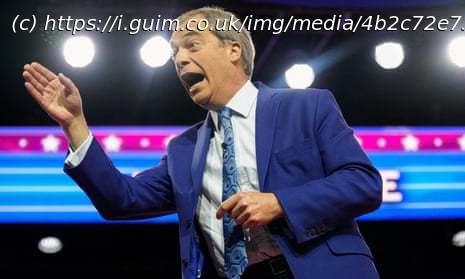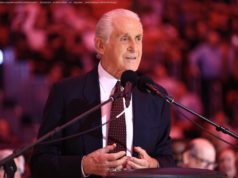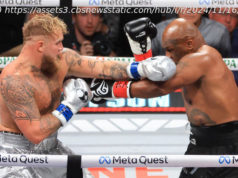Tory anger over Coutts affair led to bank’s board feeling it had no choice but to sack CEO Alison Rose
Just after 5.40pm on Tuesday afternoon, the two people in charge of NatWest Group put out a joint statement. Dame Alison Rose, its chief executive, admitted she had been the source for an incendiary BBC story about Nigel Farage’s accounts at its exclusive private bank, while Sir Howard Davies, the bank’s chair, expressed his support for her to remain in charge of the lender.
Eight hours later, the bank had performed a dramatic reversal, having catastrophically misjudged the mood of its largest shareholder, the UK government. After last-minute interventions from both the prime minister, Rishi Sunak, and the chancellor, Jeremy Hunt, board members convened for a late-night virtual call which was to spell the end of Rose’s 31-year career with the bank.
The chaotic events of Tuesday night encapsulated the fast-moving nature of the political row that first broke out a month ago when Farage, the former Ukip leader, complained on Twitter about his bank account having been closed. Throughout the subsequent four weeks, Farage has played a deft political game while NatWest has appeared to get caught out by the level of anger in the Tory party and Whitehall.
“I don’t know why NatWest thought they could stand by Rose,” said one government source. “It was clear once that statement was published that she would have to go.”
NatWest had been the focus of intense scrutiny for weeks, following the revelation by the Telegraph that Coutts had closed his account after lengthy discussion over the reputational risk that his political views posed for the bank.
The Telegraph’s story, which was based on information requests Farage had made to the bank, appeared to contradict an earlier BBC story which said Coutts had ousted him for falling below its financial thresholds, rather than additional concerns over his views. Rose herself came under fire when it emerged that she had sat next to the BBC’s business editor, Simon Jack, at a function the previous night.
As speculation swirled about whether Rose had been the source for the BBC’s story – for which the corporation later apologised – the bank remained quiet.






